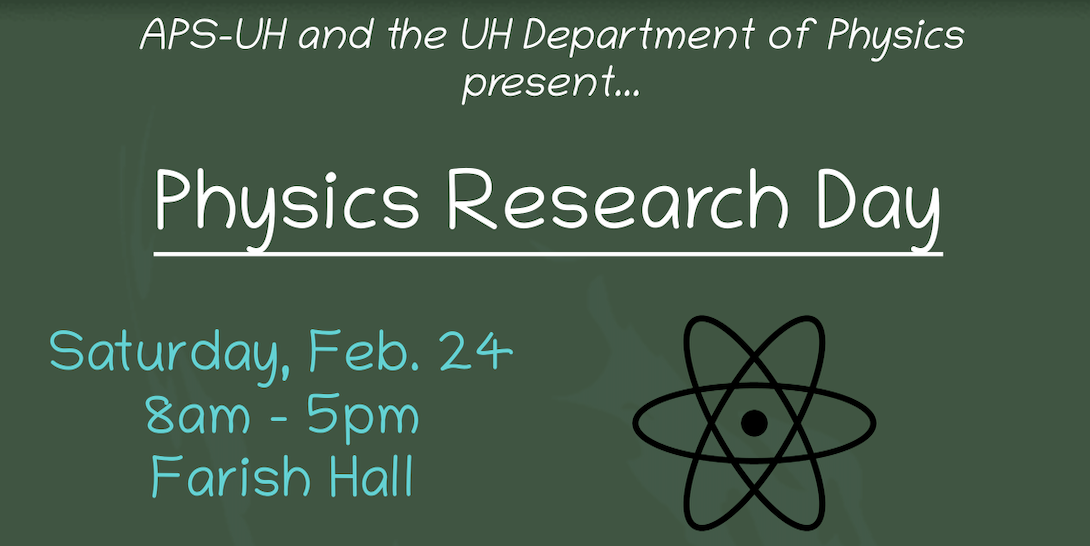Speaker
Description
The unique simultaneous appearance of zero resistivity and magnetic field expulsion enable superconductors to have tremendous potential for various applications, such as efficient electric power transmission, much smaller or more powerful magnets, magnetic levitation, high-speed computing, etc. The superconducting critical transition temperature (Tc) has continuously been enhanced owing to the century-old effort at superconductivity. It appears that all record high Tcs since 1994 have been achieved in compounds under very high pressure. The ultimate goal in the superconductivity field is to find a way to retain a coherent quantum state under ambient conditions, i.e., room temperature of ~ 300 K and atmospheric pressure. We have studied LK-99 [Pb10-x Cux(PO4)6O], alleged by Lee et al. to exhibit superconductivity at room temperature and ambient pressure, and have reproduced all the anomalies except for half-levitation they reported as evidence for the claim of LK-99 being an ambient-pressure, room-temperature superconductor. We found that these anomalies are associated with the structural transition of the Cu2S impurity in their sample and not with superconductivity.
| Academic year | 3rd year |
|---|---|
| Research Advisor | Prof. Ching Wu Chu |
